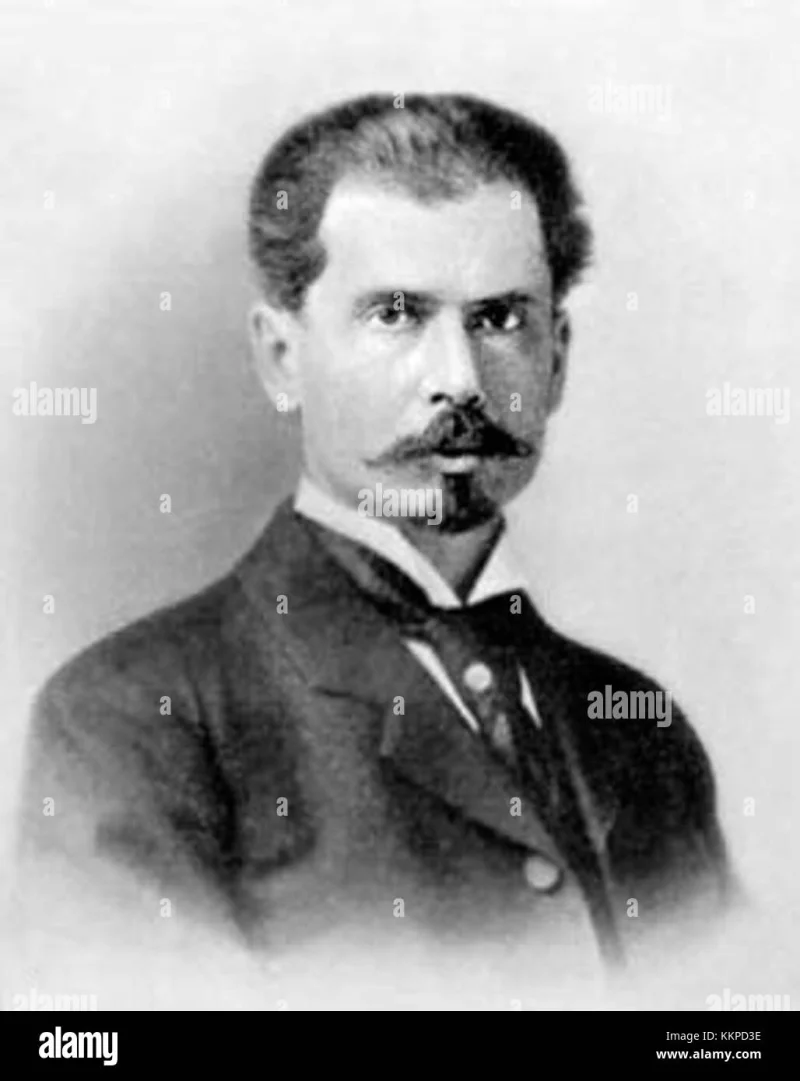Short Summary
Sergei Winogradsky was a pioneering microbiologist whose work laid foundational concepts in the field of microbial ecology and biogeochemical cycles. He is best known for his discovery of the process of nitrification and the role of microorganisms in the nitrogen cycle. His research significantly advanced the understanding of soil biology and the ecological roles of bacteria, earning him recognition as one of the founding figures in microbiology.
Early Life & Education
Sergei Winogradsky was born on September 1, 1856, in Kiev, then part of the Russian Empire. Coming from a family with a strong interest in the arts and sciences, his early education was marked by a broad exposure to music and science. He attended the University of St. Petersburg, initially studying botany but later shifting his focus to microbiology, influenced by his interest in the role of bacteria in the environment. This decision set the stage for his future groundbreaking research in microbial processes.
Career Highlights
Winogradsky's career was marked by his significant contributions to microbiology, particularly through his research on the nitrogen and sulfur cycles. In the late 1880s, he joined the University of Zurich, where he discovered the process of nitrification and identified the bacteria responsible for this crucial step in the nitrogen cycle. Subsequently, he moved to France and worked at the Pasteur Institute, where he continued his research in microbial ecology. His work on chemolithotrophy and the Winogradsky column, a technique for culturing a diverse range of microorganisms, are considered pivotal developments in the field.
Major Achievements
- Discovery of Nitrification: Identified bacteria responsible for converting ammonia to nitrates, advancing understanding of the nitrogen cycle.
- Development of the Winogradsky Column: Created a method for growing a variety of microorganisms in a controlled environment.
- Concept of Chemolithotrophy: Proposed that certain bacteria obtain energy by oxidizing inorganic compounds.
- Research on Sulfur Bacteria: Conducted pioneering studies on bacteria that play a role in the sulfur cycle.
Famous Quotes
- "The study of microorganisms must not be limited to their role as pathogens but also include their role in the environment."
Interesting Facts
- Winogradsky was initially trained as a botanist before shifting to microbiology.
- He introduced the concept of autotrophy in bacteria, which later influenced research in ecological microbiology.
- His research contributed to the understanding of the natural cycles of elements like nitrogen and sulfur.
- The Winogradsky column remains a standard tool in microbiology education and research.
- He spent the latter part of his career at the prestigious Pasteur Institute in Paris.
Legacy / Influence
Sergei Winogradsky's work had a profound impact on microbiology and ecology. His discoveries about the nitrogen and sulfur cycles deepened the understanding of ecological processes and the critical role of microorganisms in maintaining environmental balance. His concepts of chemolithotrophy and autotrophy have influenced generations of scientists, contributing to the development of environmental microbiology and biogeochemistry.
FAQ
Q: Why is Sergei Winogradsky famous?
A: He is known for his discoveries in microbial ecology, particularly in the nitrogen cycle and chemolithotrophy.
Q: What is the Winogradsky column?
A: It is a device developed by Winogradsky used to culture a variety of microorganisms in a controlled environment.
Q: What is chemolithotrophy?
A: It is the process by which certain bacteria obtain energy by oxidizing inorganic compounds.












